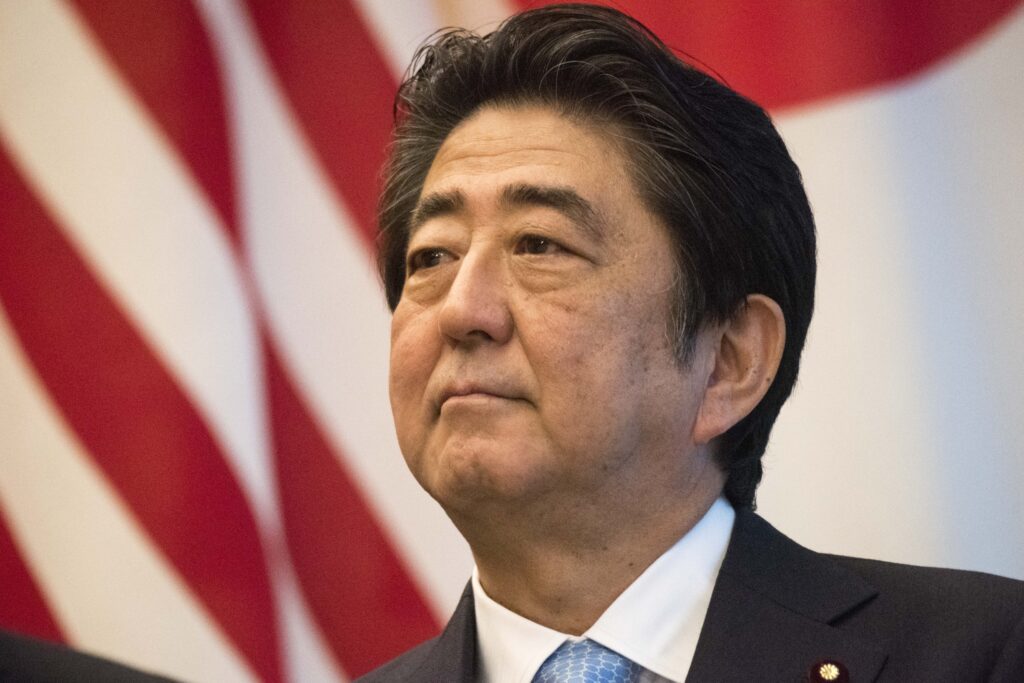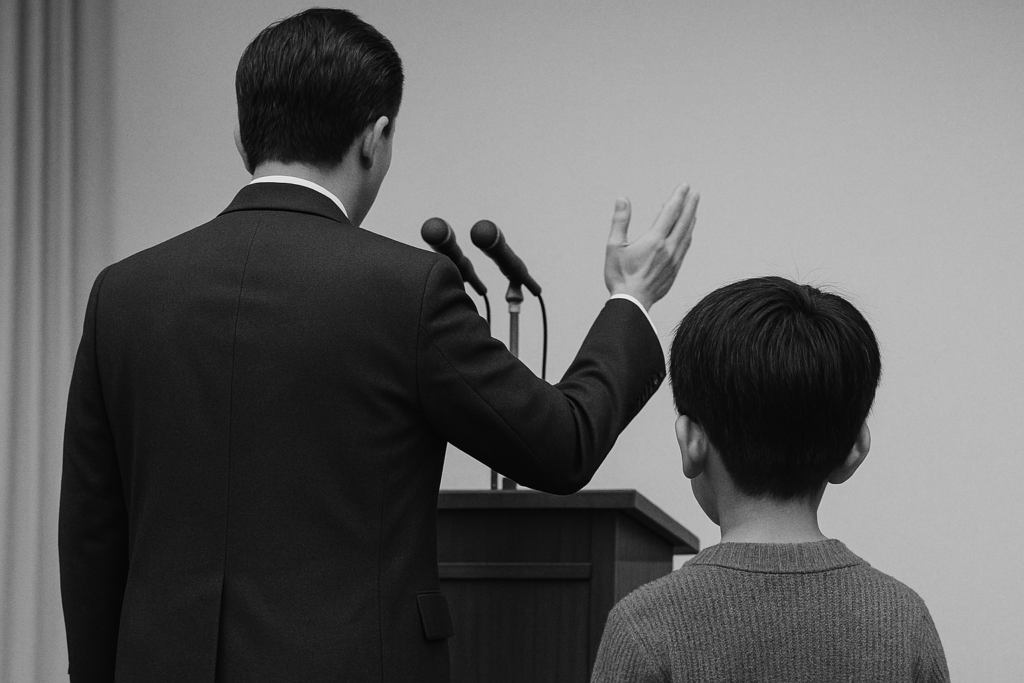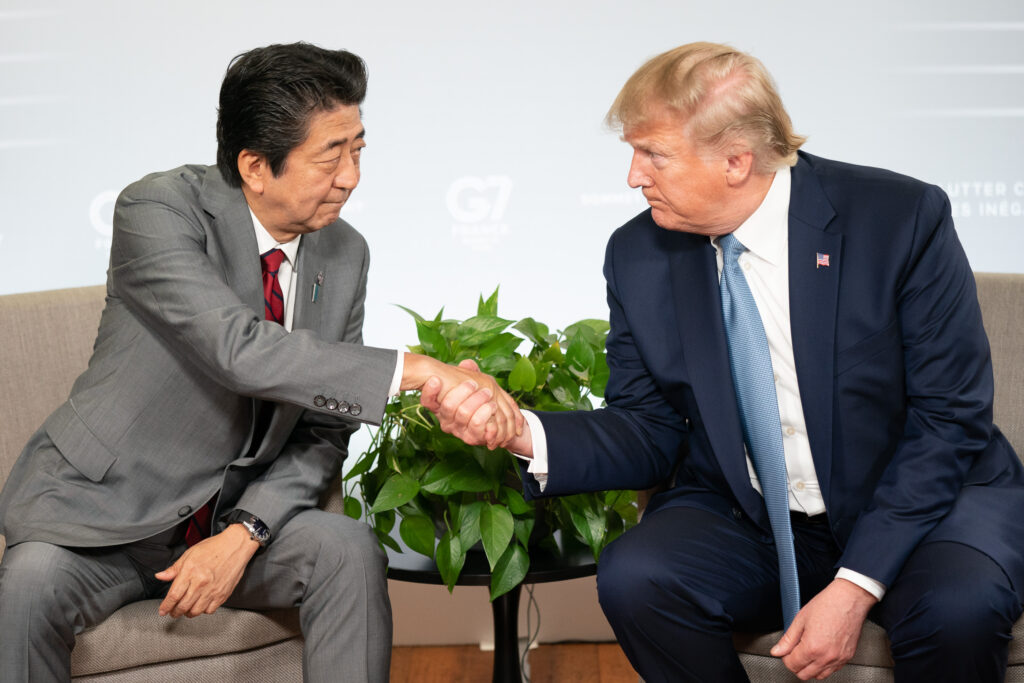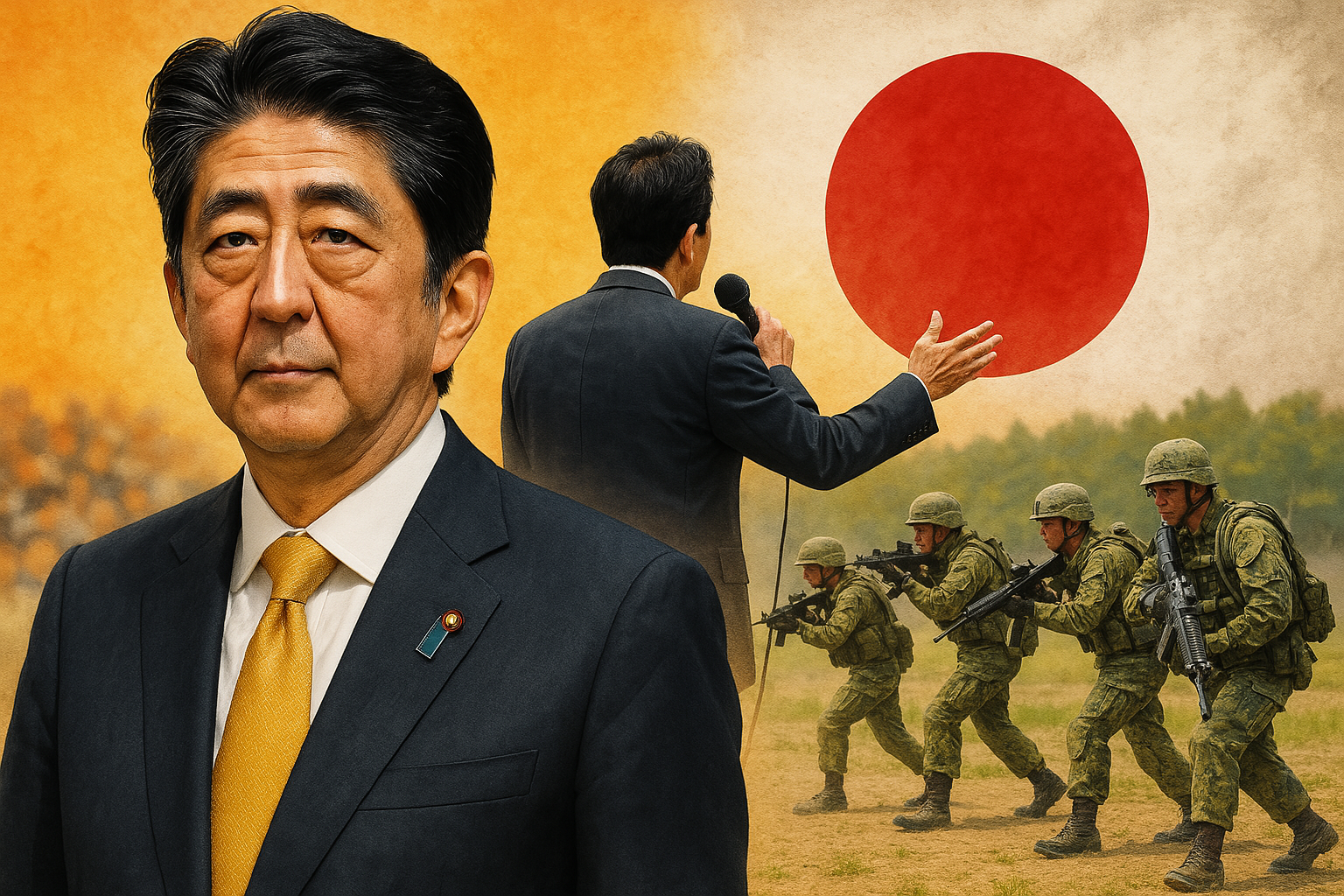Why the World Paid Attention to Him

Shinzo Abe was one of the most prominent and controversial figures in postwar Japanese politics. He served as Japan’s Prime Minister for a total of 8 years and 8 months, making him the longest-serving prime minister in Japan’s constitutional history. His leadership deeply impacted Japan’s economy, foreign policy, national security, and even the country’s constitution.
The world paid special attention to Abe not only for his strong leadership and conservative ideology, but also because of the shocking assassination in 2022. In a country known for its strict gun laws and low crime rate, a former prime minister being shot in public was unprecedented and made headlines globally.
A Political Elite Born into Power

Abe was born in Tokyo in 1954 into a powerful political family.
• His grandfather, Nobusuke Kishi, was a postwar prime minister and a former Class-A war crimes suspect.
• His father, Shintaro Abe, was a prominent politician and served as Foreign Minister.
After graduating from Seikei University in Tokyo, Abe studied abroad in the United States (USC) and later became a secretary to his father. He entered politics himself and first became prime minister in 2006, although he resigned just a year later. He returned to power in 2012 and remained in office until 2020.
His political ideology was heavily influenced by his grandfather, especially in his desire to revise Japan’s pacifist constitution and strengthen national defense.
Abe’s Achievements: Abenomics and Assertive Diplomacy

What is “Abenomics”?
“Abenomics” was the nickname for Abe’s economic policy, centered around the “three arrows”:
1. Aggressive monetary easing
2. Flexible fiscal stimulus
3. Structural reforms to boost growth
Under Abenomics, the Japanese stock market surged, and unemployment dropped. However, critics argue that wages stagnated, and income inequality worsened.
Foreign Policy
Abe was known for his active and strategic diplomacy:
• Strengthened ties with the U.S., forming a close personal bond with President Donald Trump (they famously played golf together).
• Promoted a “Free and Open Indo-Pacific”, positioning Japan as a counterbalance to China’s growing influence.
• Had tense relations with China and South Korea, due to historical issues like wartime responsibility and shrine visits.
At the same time, Abe surprised the world with his playful side—such as when he dressed as Mario from Nintendo at the Rio Olympics to promote Tokyo 2020.
The Controversies Behind the Policies

Abe’s strong leadership came with significant controversy.
National Security Laws and Constitutional Reform
In 2015, Abe’s government passed laws expanding Japan’s military role under “collective self-defense.” This was seen by many as violating Article 9 of Japan’s Constitution, which renounces war. Many legal scholars and citizens protested, saying it was unconstitutional.
He also openly aimed to revise the Constitution, especially Article 9, which was seen as a major ideological shift and a break from Japan’s postwar pacifism.
Scandals: “Moritomo,” “Kake,” and Cherry Blossom Parties
Abe faced multiple political scandals, including:
• The Moritomo and Kake Gakuen scandals, where he was accused of using his influence to benefit close associates.
• The “Cherry Blossom Viewing Party” scandal, where public funds were allegedly misused to entertain supporters.
While no direct evidence of wrongdoing was proven, document tampering and government secrecy led to widespread distrust.
July 8, 2022: The Assassination that Shocked Japan
On July 8, 2022, during a campaign speech in Nara, Abe was shot and killed. The suspect, a former member of the Japan Maritime Self-Defense Force, claimed he targeted Abe due to his ties to the Unification Church, which he blamed for ruining his family.
This assassination revealed deep-rooted social issues, including the influence of religious organizations in politics, and sparked a national debate about the boundaries between politics, religion, and public trust.
How the World Viewed Shinzo Abe
• The U.S. and Western allies: Viewed him as a stable and strategic partner, especially in countering China.
• China and South Korea: Saw him as a right-wing nationalist who downplayed Japan’s wartime responsibility.
• India and Southeast Asia: Generally welcomed his vision for regional cooperation and development.
In short, Shinzo Abe was a polarizing figure—admired by some, criticized by others.
Legacy: A Strong Leader with a Divisive Impact
Shinzo Abe was one of the few Japanese politicians in recent history who projected strong leadership and clear political vision. He revitalized Japan’s role on the global stage and tried to push through difficult reforms.
But in doing so, he also deepened domestic divisions, raised ethical concerns, and challenged Japan’s postwar identity.
His sudden death left the nation in shock—and many questions about how history will judge him still remain.
📝 Glossary for Non-Japanese Readers
• Article 9 (of the Constitution): The clause in Japan’s postwar constitution that renounces war and prohibits a standing military.
• Yasukuni Shrine: A controversial war memorial that honors Japan’s war dead—including Class-A war criminals—sparking protests from China and Korea.
• Unification Church: A religious organization founded in South Korea, accused of aggressive fundraising and political ties in Japan.
Recommended Articles






Comments